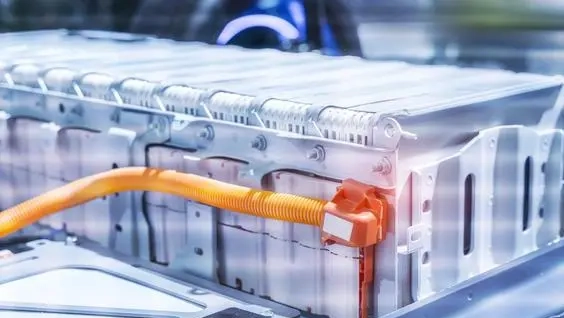 |
Welcome To Evlithium Best Store For Lithium Iron Phosphate (LiFePO4) Battery |
 |
When it comes to powering high-performance applications such as electric vehicles and forklifts, the two most popular battery technologies available are lithium-ion (Li-ion) and LiFePO4 (Lithium Iron Phosphate). Both of these types offer advantages over other technologies in terms of power density, energy efficiency and cycle life, but there are a few key differences to consider when deciding which one is right for your needs. In this blog post we will compare LiFePO4 vs. Lithium-Ion batteries, looking at the pros and cons of each option so that you can make an informed decision when selecting your next power source.
The first difference between LiFePO4 and Lithium-Ion lies in their chemical composition: LiFePO4 uses a phosphate cathode material whereas lithium-ion adopts a carbon anode configuration. This results in several performance differences between the two technologies: due to its higher safety features, LiFePO4 cells generally have less risk of catching fire or exploding than those utilizing lithium ion chemistry; they also tend to be more stable when subject to external conditions such as temperature fluctuations or high current discharge rates. On the other hand, lithium ion batteries boast higher energy densities making them suitable for applications requiring maximum range (e.g.: electric cars). Additionally, they also tend to be lighter in weight than their LiFePO4 counterparts making them attractive options if weight savings are important considerations within your application/device design.

Edit by editor
All Rights reserved © 2025 Evlithium Limited